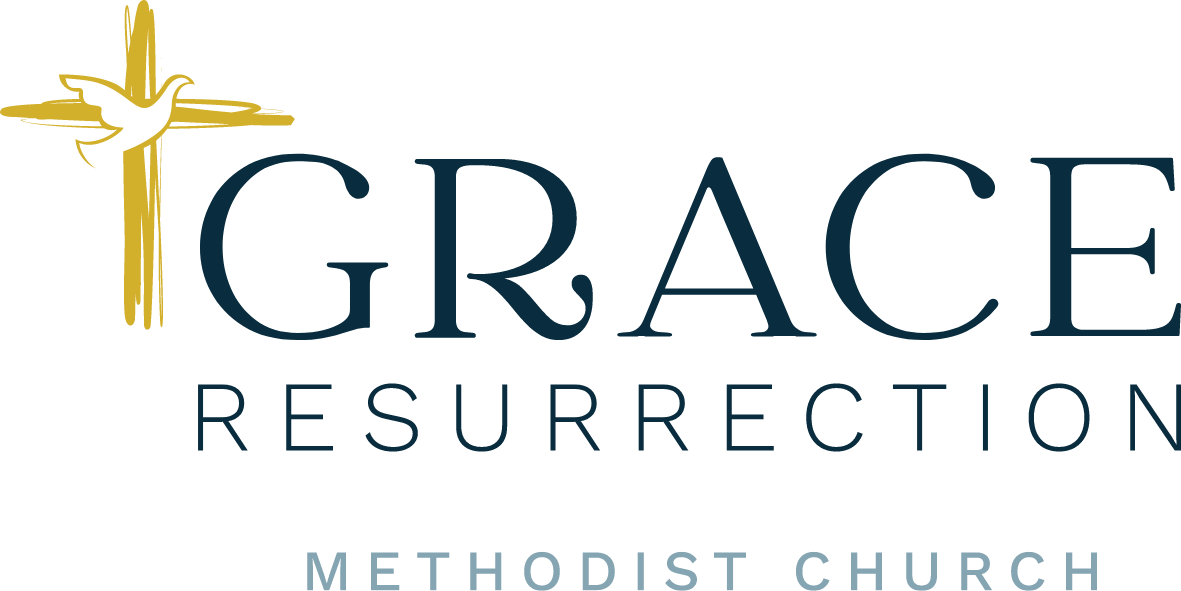When I left a career I loved in advertising and marketing over 30 years ago, I thought, “I’m leaving an exciting, unpredictable life for a life in the church—a calm and serene future talking about Jesus!”

My last big project was with a British company I loved. The people and the work were different, creative, and new. There was often a curveball, and I always enjoyed finding solutions—almost daily. But what I found was that those few short years in marketing couldn’t hold a candle to life in ministry. It has been a beautiful rollercoaster ride.
Over the past five years, I’ve interacted with both the best and worst personalities. I’ve learned to love and forgive in some crazy ways. I’ve also met plenty of folks who had no business managing the life of the church—but that was a challenge leaders in the early church faced as well.
For the first time in ministry, I decided to go deeper with people—to build intimate relationships and not be so guarded about my shortcomings. I finally let go of the fear of allowing my staff and parishioners to know who I really am. What I found is that congregations often want limited reality in their pastors. The role is safer that way… at least in the short run. The more real I was, the harder it became to find solutions. And I realized that many on a church staff are not truly themselves in the church office. Unfortunately, masks are an all-too-common part of a church’s day-to-day operations.
I had just about given up on finding a grace-filled community to lead. I was determined to either be extra careful with my newfound freedom as an independent Methodist pastor—or go work at Walmart. So Natalie and I took two months to research, go deeper with one another, and pray. I stayed away from Christian books and church leadership studies, and for the first time in over 30 years, we worshiped as laypeople.
God was so, so good.
During that break, I read Dietrich Dörner’s The Logic of Failure. It’s a secular book, but it helped me tremendously in my spiritual growth. If you’ve read it, you might find that odd since it’s essentially a case study on how corporations handle major mistakes and the processes they use to “clean up the mess.” But as I read, I realized that failure is often the greatest catalyst for true change and redirection.
Dörner argues that failure is not the end but always a possible beginning. He identifies four habits of mind that account for the frequency of our failures:
- The slowness of our thinking – We streamline problem-solving to save time and energy.
- Our wish to feel confident and competent in our problem-solving abilities – We try to repeat past successes.
- Our inability to absorb and retain large amounts of information – We prefer fixed mental models, which cannot capture a dynamic, ever-changing process.
- Our tendency to focus on immediately pressing problems – We ignore the problems our solutions create.
For a secular book, I found that we as Christians have much to learn from Dörner. As followers of Christ, we don’t check our logic at the door. In giving myself away, I lost myself—not because I was wrong, but because I was inexperienced. Instead of people appreciating my vulnerability, I was taken advantage of.
It has been a very biblical past few years. And I’m a stronger pastor than I’ve ever been.
God never said, Give it all up. He said, Don’t cast your pearls before swine. Be wise as a serpent and innocent as a dove.Shake the dust off your feet and move on to the next town. Jesus never told us to check our brains at the door and trust everyone. In fact, He said quite the opposite.
It took a secular author to help me finally understand that.
Almost two months to the day after finishing that book, I found a grace-filled community. It’s a beautiful thing. In fact, I’m becoming more and more convinced that our feelings can lead us astray, making our problems seem larger and longer-lasting than they really are.
Process is healthy. Process honors God because God is a God of order.
I’m almost—I said almost—looking forward to the next problem.
~James

